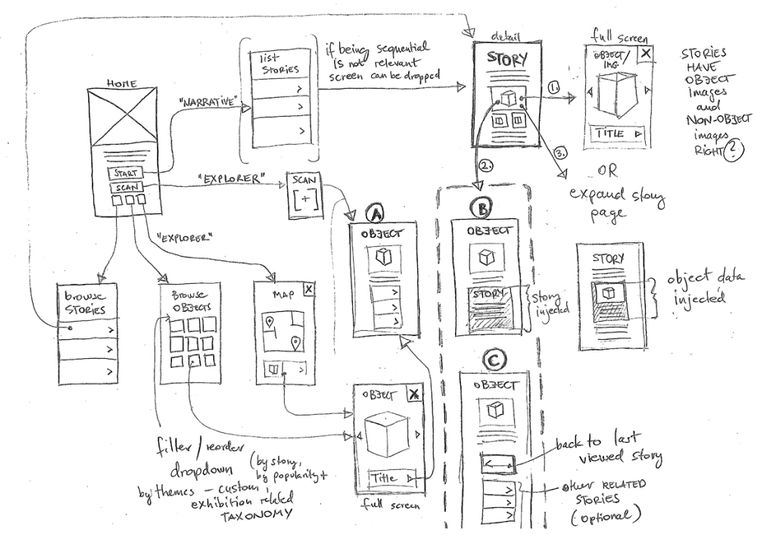
The booming app economy is being driven by entrepreneurship and players both big and small are trying to get a piece of the action. According to comScore, mobile now takes up 65% of digital media time while desktop has fallen behind to become a secondary touch point.
This translates into seven out of every ten minutes spent on a mobile device. In the U.S. in particular, mobile digital media time has grown to 51% compared to desktop at 42%.
According to Apple, app developers earned over $20 billion in sales last year, up 40% from 2015. Furthermore, the App Store (with over 2.2 million apps) also reached $28 billion in 2016 (and we’re not even talking about Google Play Store which serves 70% of smartphone users).
When it comes to app development, it gets cheaper as you head east away from North America. But what does it cost to build a mobile app this year?
It’s far from simple to answer this question as it depends on multiple variables like project complexity, different developer rates, and the time it takes to build the app.
There are also more factors that can impact the cost of development like the following:
- Design (how complex will it be?)
- Features and infrastructure
- Number of pages
- Platforms (Android, iOS, and/or Windows Phone)
- Type (native app, cross-platform app, and/or progressive web-app)
Functionality will have a major impact on cost
For the most part, mobile app development takes place in four stages depending on how much work will be required. If it’s a simple application with just two or three screens to serve a basic function without storing data, this will be the cheapest option.
To build an API or database app that needs to store data on a remote server or the user’s device will take a lot of work. Complex apps like these would require a lot of man hours to set up functionality where users can register and sign in, access a variety of content, and sync data between multiple devices.
If you want to completely customize the user interface to fit user needs, you will need to build an enterprise app that can support multiple key features. The cost of building a complex app like this will depend on the scope of the project and the time it takes to complete it.
If you’re looking to build a gaming app, you have to be aware that costs will vary depending on the functionality and complexity of the game. Furthermore, you will have to invest significantly in the quality of the user experience (UX).
Here is the breakdown of app development costs in 2017
For simple native iOS or Android apps, you can expect to pay up to $80,000. Add a basic database and you can easily pay anywhere from $100,000 to $150,000. If you’re looking to build an advanced app with multiple features, you can add another $100,000 to a grand total of more than $250,000.
Using hybrid, or cross-platform development opportunities can allow you to save up to 50% of what native app development would cost you.
Mobile games are difficult to predict: if it’s going to be highly complex with enhanced UX, you can expect to easily pay more than $250,000. Delivery times can also vary dramatically from a couple weeks for a simple app to three months for a database app. Anything more complex can take anywhere from nine months to a year.
Planning can, however, help reduce costs, but again, it all depends on the type of app. Once the app is released, you also have to maintain it. This can cost anywhere from $70 to $800 an hour depending on the qualifications and experience of the developer (if you’re hiring an independent contractor).
Outsourcing your application development can be significantly cheaper, but it’s important that you identify an experienced partner who can work closely with you, every step of the way.
How to save on mobile app development?
Cost of your mobile dev talent is a very important factor driving up the total cost of your application development. If you're using a recruitment agency to fulfill your IT positions and staff your dev team in-house, you'll be incurred 20%-25% fees on top of each of your employee's first year salary.
In case of DIY approach, you'll most likely face staff turnover and long time to hire issues which will also add overheads to your bill and slow down your time to market.
At Digi117, we eliminate this and help you stop being locked in expensive lump sum recruitment contracts by letting you hire staff at a blended rate on an hourly basis. This can help you cut your IT hiring budget in half and, as a result, save your entire mobile app dev budget.











